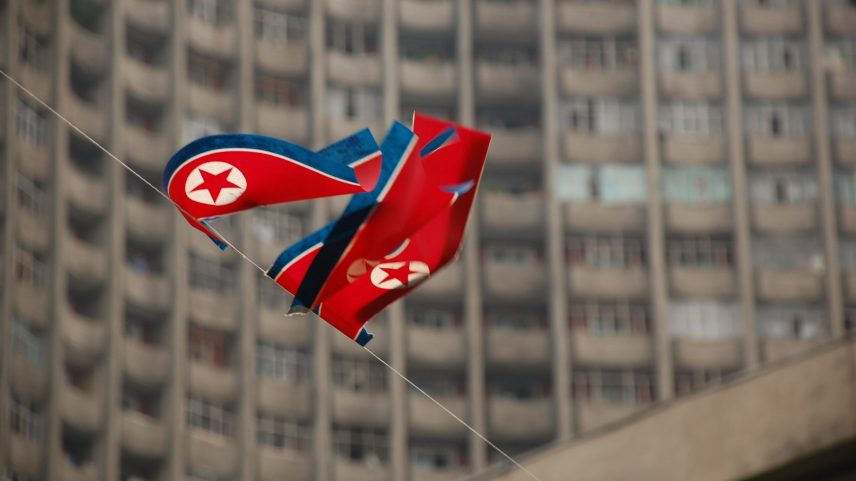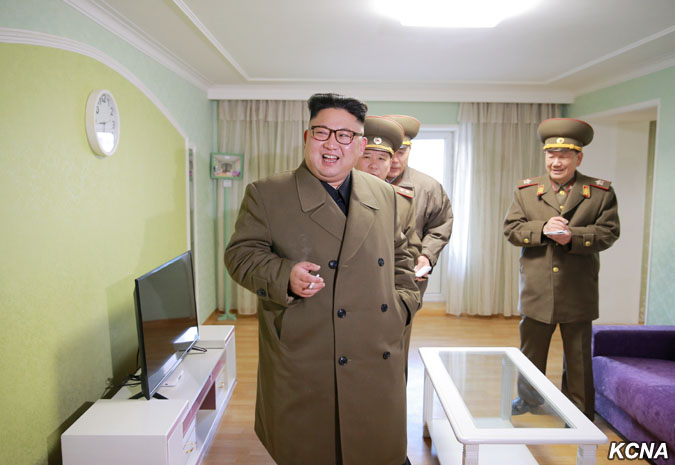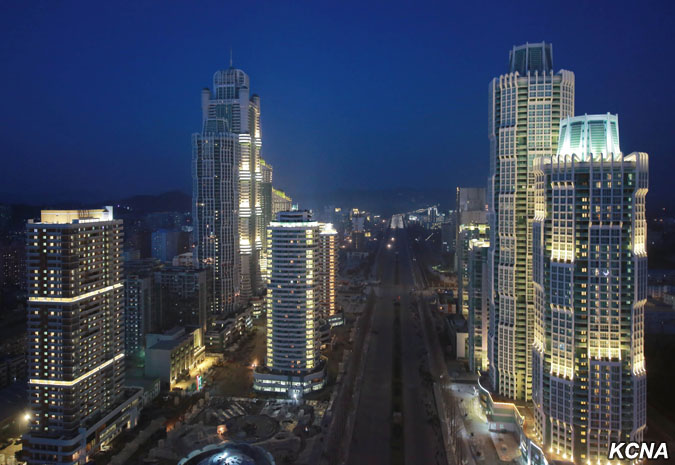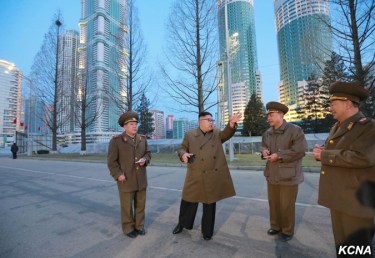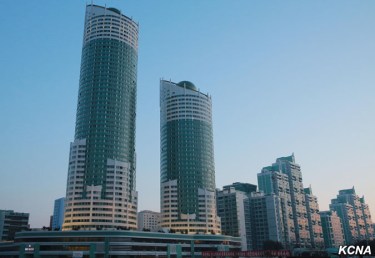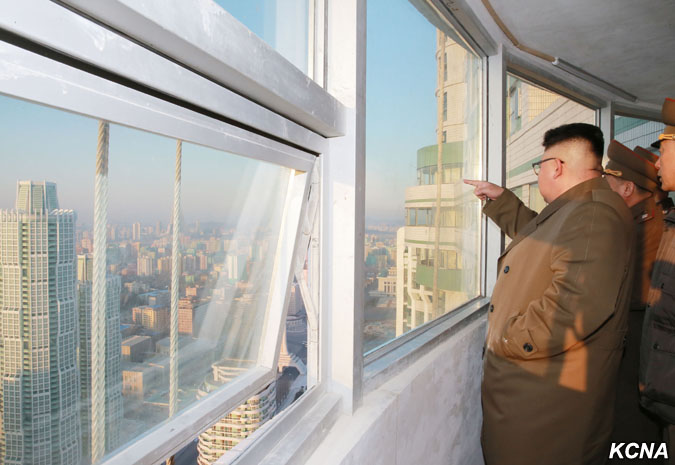If you’re from an urban centre, you’ve probably heard that real estate prices are sky-high because you live in the “next Manhattan.” Everywhere from Papa New Guinea to Vancouver are making these claims, and local speculators are buying in. One of the most interesting markets this is happening in is the Democratic People’s Republic of Korea, a.k.a. North Korea. Despite a shortage of cash, and an outright ban on homeownership, real estate prices have been soaring across the Hermit Kingdom.
North Korean Real Estate 101
If you’re unfamiliar with real estate in North Korea, it’s very different from most countries. The sale or purchase of a home is technically illegal, and could land you in a concentration camp if you’re caught. Homes are theoretically provided for free by the government, and assigned based on proximity to your work. Electricity isn’t guaranteed, so the upper floors of buildings are an inconvenience—because of course no electricity means no elevator. Consequently, lower floors like the 3rd and 4th are named “Royal Floors,” reserved for, and given to, high ranking officials in the regime. In North Korea, the home you get, is the one you’re assigned.
Like most countries however, the rules don’t apply if you have a little extra cash to grease a few palms. Unlicensed “real estate agents” connected to the Regional Housing Management Department have been brokering deals for 30% commissions, to secure prime locations, and lower floors for the country’s nouveau riche. Heck, they even started to engage in shadow flipping. If you’re unaware, shadow flipping is when a seller accepts an agent’s price to buy, but the buyer pays a much higher price. The agent takes the premium, in addition to their commission. It’s a process that has become notorious in overheated markets like Vancouver, Canada.
Property Speculation In North Korea
Despite a slow growing population, housing construction is booming in North Korea. Cities are producing tens of thousands of new units, and it’s led to mass speculation. Even though the local median monthly income in North Korea is only ₩3,000 (US$3), property prices have been soaring.
North Korean Real Estate Prices
Reported real estate prices in Pyongyang, and Chongjin, North Korea.
Pyongyang
Pyongyang, the capital, is seeing a flood of supply, and they’re building at a rapid pace. One 70 story apartment building in Ryomyong, a schmancy new district of the city, was built in just 74 days. To contrast, the building of the Burj Khalifa in Dubai was fast, and took an average of 11 days per story. This building in Pyongyang was built in just over a day per story. Whether that building will stand in a few years is another article, but the point is supply is increasing at a rapid pace.
Photos distributed by the state-owned Korean Central News Agency of the Ryomyong developments.
Despite the flood of supply, prices in the city are rapidly climbing. Apartments first started to appear on the black market in 2004, and had a reported average price of US$2,000. In 2006, those prices quadrupled to US$8,000. By 2014, Jeong Eun Lee, a research professor at the Gyeongsang National University in South Korea had found that prices had reached US$100,000. In 2016, the average price jumped another 20% to $120,000. Some Royal Floors are even going for closer to US$200,000 – making them more expensive than homes in many cities in the United States and Canada.
Chongjin
Rising home prices aren’t just being observed in the capital, Chongjin, a working class steel town on the border of China is seeing this as well. First reports of property being sold surfaced in 2004, when orders were made to give military officers additional housing. Shortly after, the officers began flipping the properties for an estimated US$5,000. In 2014, a report surfaced that older properties began selling for around US$40,000. In 2016, similar properties jumped in price to the US$100,000 range. That’s a pretty steep mark-up considering in the median income is US$3 per day, and all property is provided for free by the government.
North Korean Home Prices Vs. Selected Markets 2014 – 2016
Average home prices in North Korea experienced similar changes to those of other hot real estate markets over the past two years.
The global trend of supply and demand not applying to real estate is an interesting phenomenon. It’s filling cities with empty homes, and impacting even the most isolated parts of the world. Desperate locals in stagnant economies are taking out record amounts of debt, buying homes like lottery tickets. Now I’m not sure if Pyongyang, Chongjin, or even Papa New Guinea are going to be the next Manhattan, but I have my doubts.
Note, the North Korean embassy in London declined to comment on the private real estate ownership.
Like this post? Like us on Facebook for the next one in your feed.
Photo of North Korean flag via Flickr.
